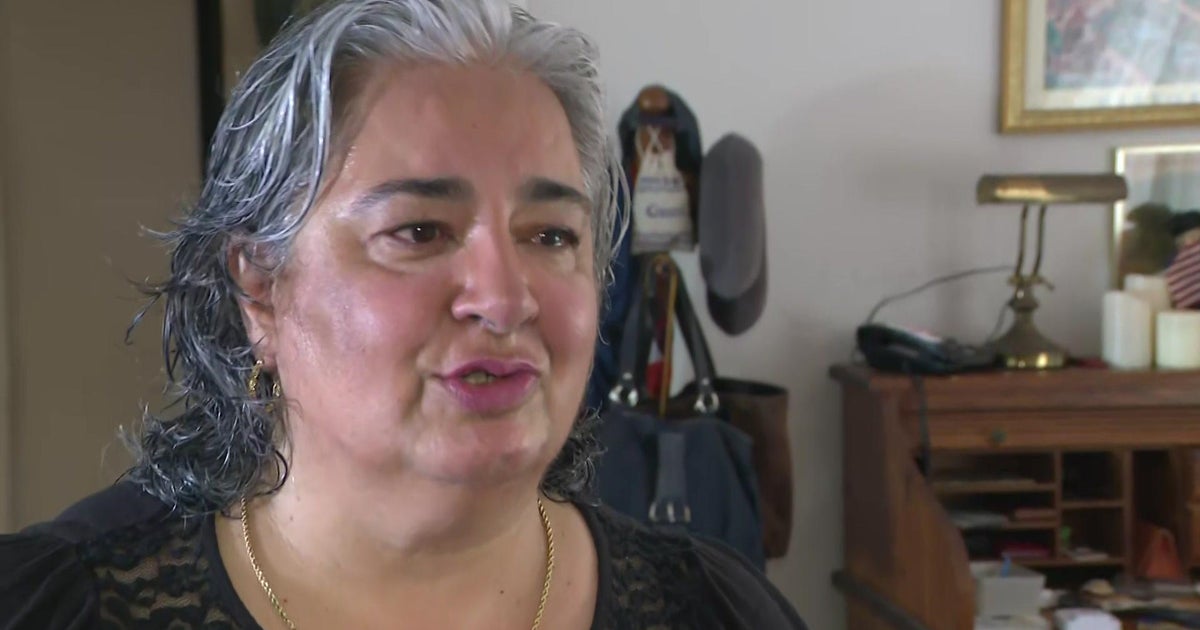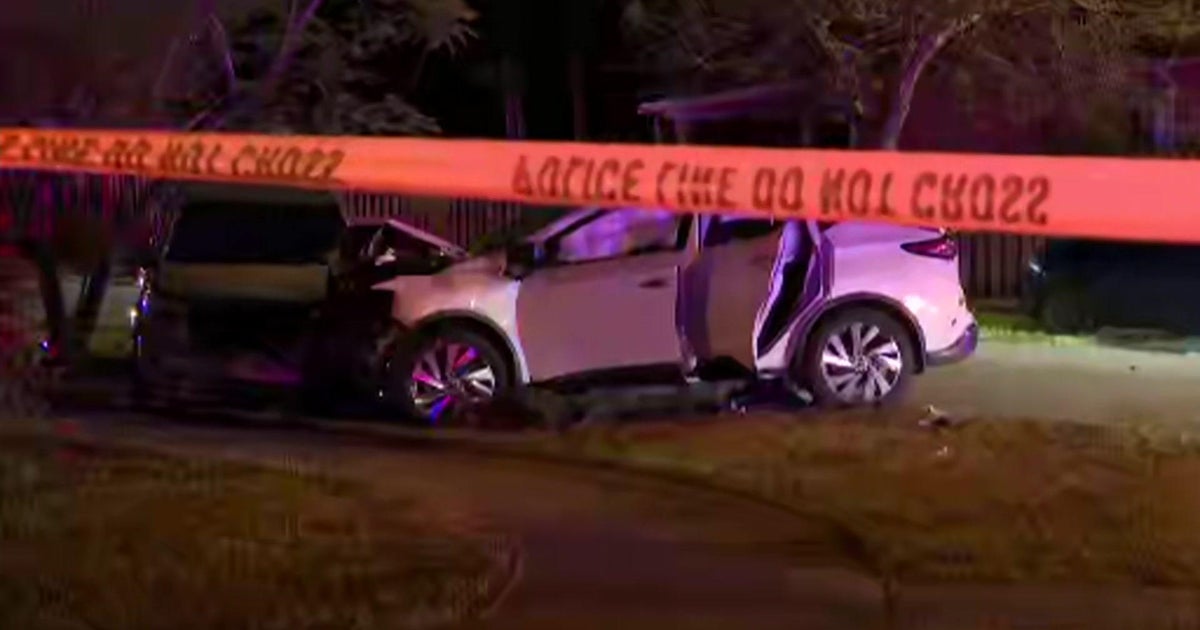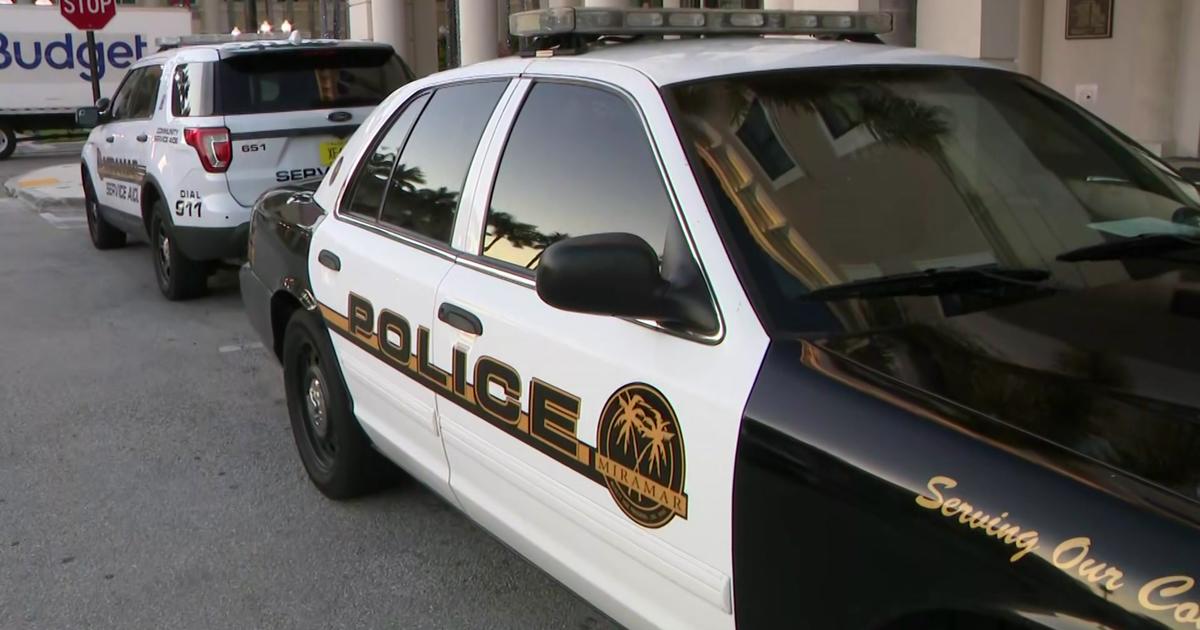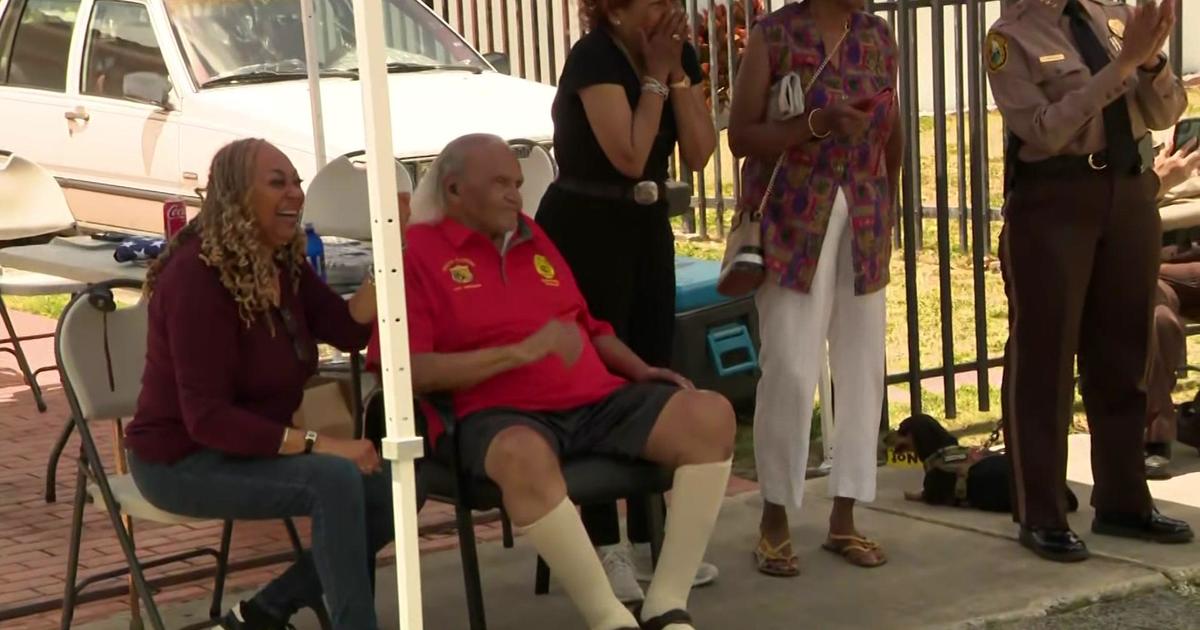Jurors Find Zimmerman Not Guilty
SANFORD (CBSMiami) – After more than a year, a jury has issued its verdict on the shooting death of 17-year-old Trayvon Martin at the hands of George Zimmerman. After more than 15 hours of deliberation, the jury found Zimmerman not guilty.
The six jurors, all women, were given the option of convicting Zimmerman of manslaughter, and after several hours of deliberation, asked for clarification on the charge.
As the jury found him not guilty of second-degree murder of killing Miami Gardens teen Trayvon Martin, George Zimmerman blinked and barely smiled.
After hearing the verdict, Judge Debra Nelson told Zimmerman he was free to go.
The verdict was the culmination of a case that started on February 26, 2012. It was on that night Trayvon Martin was walking back from a convenience store through a neighborhood. Zimmerman, a neighborhood watch volunteer, saw Martin and began to follow him.
Zimmerman would call 911 to report Martin and operators advised him not to get out of his vehicle. Zimmerman didn't follow those instructions and confronted Martin on a street in the neighborhood.
What happened next is only known by Zimmerman and the late Martin. Neighbors heard the scuffle and dialed 911 and then a shot rang out. When authorities arrived, Zimmerman was still on the scene and Martin lay on the ground dead from a gunshot wound.
Initially, police didn't arrest Zimmerman as he asserted self-defense under Florida's Stand Your Ground law. The claim would become Zimmerman's central defense in the case.
Around a week later, a Change.org petition was created calling for the arrest of Zimmerman as the case became national news. The petition would go on to garner 200,000 signatures in a span of roughly ten days.
On March 13, 2012, Sanford's then-Police Chief Bill Lee said no evidence disputed Zimmerman's claims. However, the same day, the lead investigator recommended manslaughter charges be filed against Zimmerman for the shooting.
Around a week later, the U.S. Justice Department announced it would be investigating Trayvon's death as well.
On March 22, 2012, Chief Lee announces a temporary resignation and rallies calling for Zimmerman's arrest begin around the nation, including South Florida. Trayvon went to Dr. Michael Krop Senior High School in Miami and students rallied to support him around this time.
One day later, President Barack Obama commented that if he had a son, he'd look like Trayvon. The same day, Governor Rick Scott appointed state attorney Angela Corey as a special prosecutor to look into the case.
In short order, more protests were held, claims and counter-claims were made across the national media. Then in a bizarre news conference, Zimmerman's then-attorney's announce they have lost contact with him and no longer represent him.
After declining a grand jury investigation, Corey calls a press conference on April 11 and announces the filing of second-degree murder charges against Zimmerman. Prosecutors alleged Zimmerman profiled Martin and ignored 911 requests to wait for authorities instead of confronting Trayvon.
After Zimmerman turned himself in to authorities, the first judge assigned to the case recused herself. A second judge gave Zimmerman bail in the amount of $150,000, despite prosecutors asking for a bail of $1 million.
Zimmerman was released from jail on April 23 after posting bail and being fitted with a GPS monitoring device to track his movements. But Zimmerman's freedom was taken away a few weeks later when Judge Kenneth Lester revoked his bond because the judge felt Zimmerman misrepresented how much money he had when his bond was originally set.
The bail issue ensnared Zimmerman's wife Shellie because she said during the first bond hearing the couple was indigent. However, prosecutors said the couple had roughly $135,000 in their account at the time.
On July 5, 2012, Zimmerman was taken back into custody and a week later his wife Shellie was charged with perjury for allegedly lying in bond court. Zimmerman was released one day later on $1 million bond with stricter conditions.
Zimmerman's new attorney, Mark O'Mara, would ask that Judge Lester be recused from the case as well after the bond revocation ruling claiming the judge displayed unfair bias in the case. Judge Lester would be removed from the case on August 29, 2012 and replaced by Judge Debra Nelson.
Judge Nelson presided over the rest of the case through the verdict.
Both sides would ask for gag orders, have family members make media appearances, and go through the lengthy setup process for the trial, which would eventually begin on June 10.
Jury selection began and dozens of jurors went through the voir dire process until both sides settled on a jury of six women to hear the case. Five of the six jurors were white and one was a combination black/Hispanic. An additional four alternate jurors were seated, but not needed in the case.
On June 24, 2013, after more than a year of buildup, the case finally got underway and included a much-maligned knock-knock joke from the defense team. Over the next few days, prosecutors would put several witnesses on the stand, including the girl who was on the phone with Trayvon during the shooting, Rachel Jeantel.
Jeantel underwent several hours of questioning and cross-examination from prosecutors and the defense. Jeantel alleged that race was the underlying cause of the incident, but also admitted she couldn't read a document that she had given to Martin's parents.
Neighbors who called 911 said the two were fighting or scuffling at the time of the shooting. The prosecution would eventually rest after calling Trayvon's mother, Sybrina Fulton, to the stand and she identified the voice screaming on the 911 tape as Trayvon.
Defense attorney's called Zimmerman's mother to the stand and his family said it was in fact Zimmerman who was screaming for help in the background of the 911 calls made the night of the shooting.
The defense would make its case for self-defense by calling forensic experts and police who investigated the case. But the defense would suffer a setback at the end of its case after Judge Nelson ruled the jury could consider a lesser charge of manslaughter in place of the second-degree murder charge.
After prosecutors made their case for second-degree murder, Zimmerman's defense attorneys began their closing argument arguing the prosecution's case was built on "could've beens" and "maybes."
"If it hasn't been proven, it's just not there," O'Mara said. "You can't fill in the gaps. You can't connect the dots. You're not allowed to."
Prosecutor John Guy followed with a rebuttal, accusing Zimmerman of telling "so many lies." He said Martin's last feeling was fear as Zimmerman followed him in a neighborhood on a rainy night Feb. 26, 2012.
"Isn't that every child's worst nightmare, to be followed on the way home in the dark by a stranger," Guy said. "Isn't that every child's worst fear?"
Jurors received the case after 2 p.m. on Friday afternoon and retired to the jury room to begin deliberations on the case and the fate of George Zimmerman.



